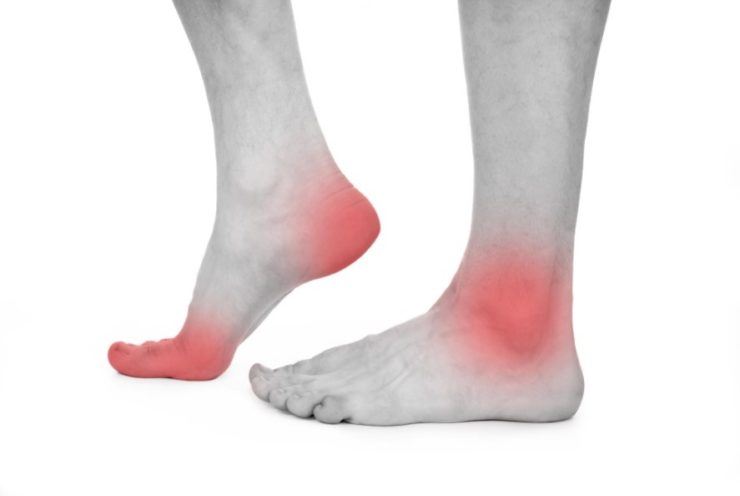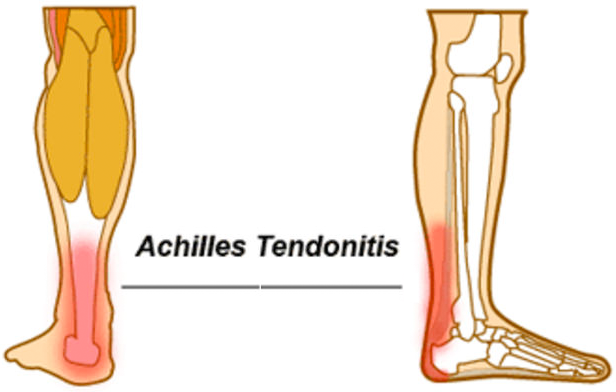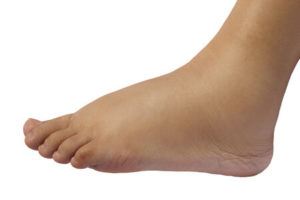|
Obesity & Health Risks
Obese people are more likely to develop health conditions that can contribute to foot pain and injuries. Obesity is a risk factor for serious health issues such as gout, tendinitis or osteoarthritis. When a person is carrying extra weight, feet and ankles end up bearing the load, affecting the bone structure, tendons and muscles. |
Osteoporosis
Foot fractures from osteoporosis can come in the form of stress fractures; tiny fractures that cause small cracks in your feet. Having extra weight puts more pressure on one knee and/or ankle changing the way a person walks affecting the biomechanics of the feet. It is highly recommended for people with osteoporosis to maintain a healthy weight. | Osteoarthritis
Being obese increases the chances of getting osteoarthritis due to the excess weight put on the 28 bones and more than 30 joints foots. Likewise, obesity increases the risk of injuries and degeneration. Losing weight could help to reduce the symptoms of osteoarthritis in the feet such as pain, inflammation and degeneration, as well as decreasing or preventing the need for surgery. |
Neuropathy
Neuropathy, or nerve damage, can result from a wide range of conditions such as diabetes and obesity. A report from the Utah Diabetic Neuropathy Study (UDNS), in 2013, found that obesity is linked to the loss of small nerves associated with sensation increasing the risk for Neuropathy. Neuropathy can cause insensitivity or a loss of ability to feel pain, heat, and cold in your feet. Neuropathy can also cause deformities such as Bunions, Hammer Toes, and Charcot Feet. | Tendinitis Tendinitis is an inflammation on the tendon. The largest tendon in the body is the Achilles Tendon, which connects the calf muscles to the heel bone. The Achilles tendon can be affected due to different causes, like wearing high heels, increasing the amount of exercise, poor fitted-shoes and weight gain. Tendinitis can cause pain and stiffness upon walking, tight calf muscles, bone spurs, swelling, thickening and high temperatures along the tendon. Losing weight improves the impact of treatment and decreases symptoms.
© Achilles Tendonitis Illustration by Heel That Pain, https://www.flickr.com/photos/137456799@N06/38345758174 | Gout
Gout is a type of arthritis that develops when needle-like crystals of uric acid deposit in the joints. When those crystals deposit in the ankle joints, or in the soft tissue around it, pain, stiffness and swelling occurs. The more you weigh, the less efficient your body is at removing uric acid. “There’s a very tight association between excess weight and the risk of developing gout and gout flares. It’s a dose-response relationship, meaning the more you weigh, the higher your risk, and the more likely you are to have recurrent attacks,” Dr. Hyon Choi, MD, PhD, professor of medicine and director of the Gout and Crystal Arthropathy Center at Harvard Medical School in Boston. |
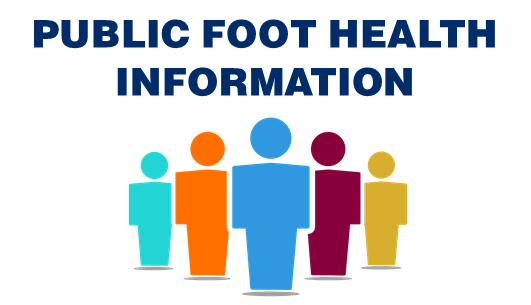


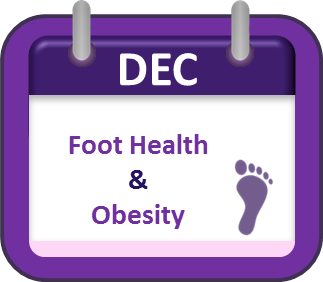

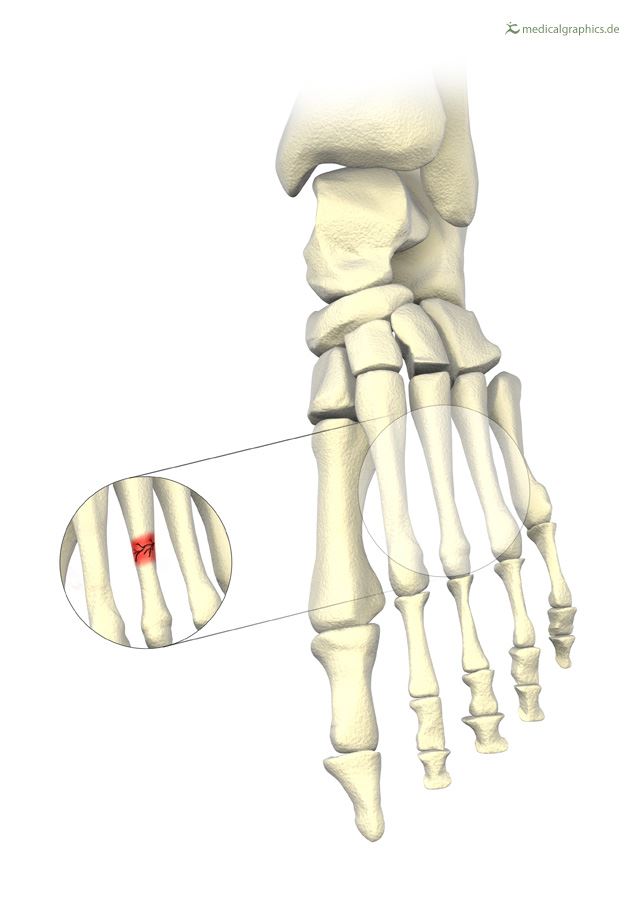 Osteoporosis is a disease characterized by low bone mass and deterioration of bone tissue, which can lead to increased risk of fracture. – Osteoporosis Canada.
Osteoporosis is a disease characterized by low bone mass and deterioration of bone tissue, which can lead to increased risk of fracture. – Osteoporosis Canada.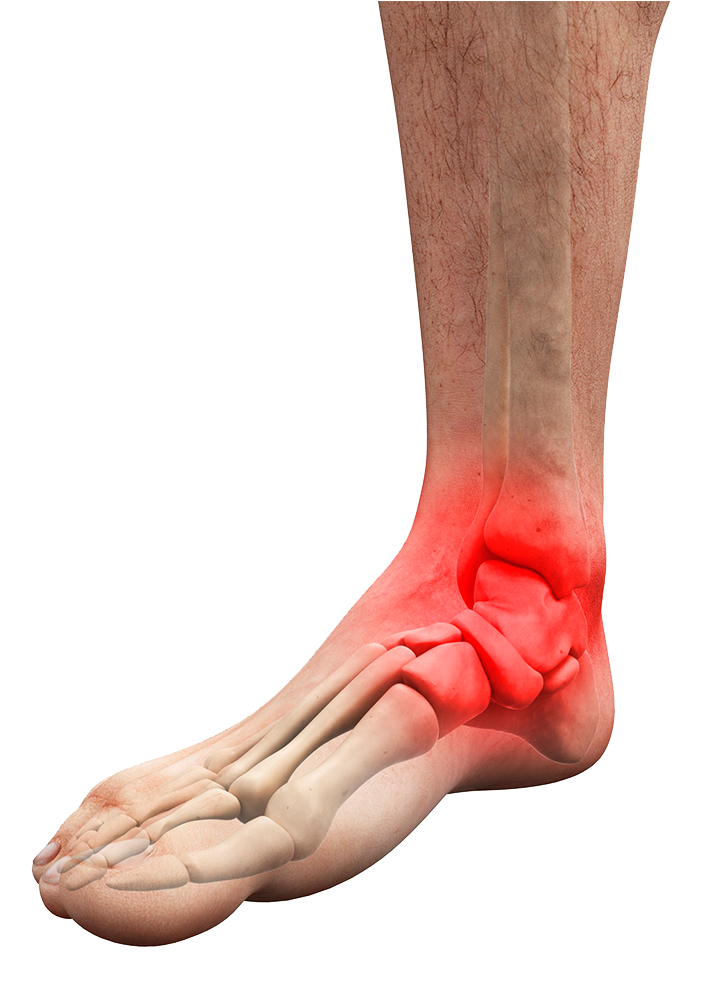 Osteoarthritis is the most common type of arthritis. It is a progressive disease of the whole joint that leads to breakdown of joint cartilage and the underlying bone.
Osteoarthritis is the most common type of arthritis. It is a progressive disease of the whole joint that leads to breakdown of joint cartilage and the underlying bone.